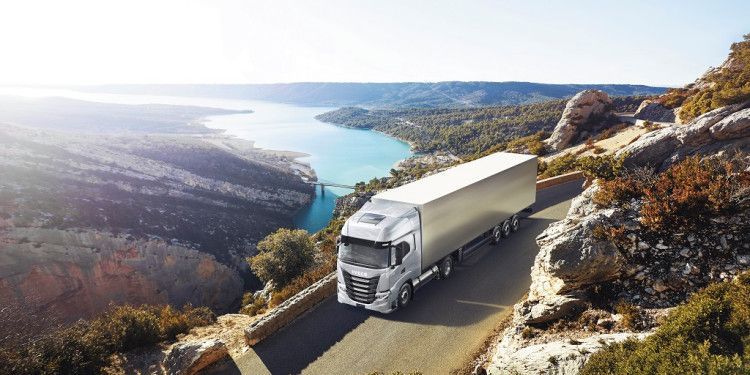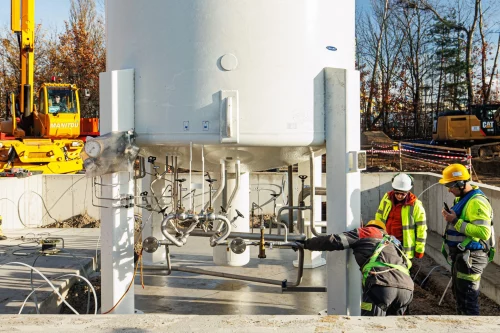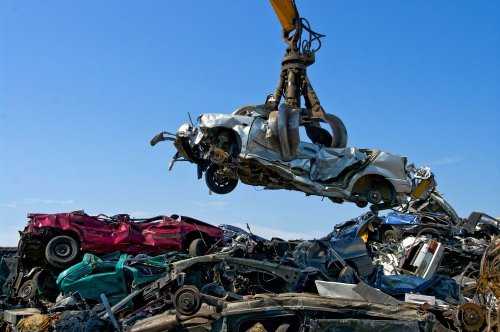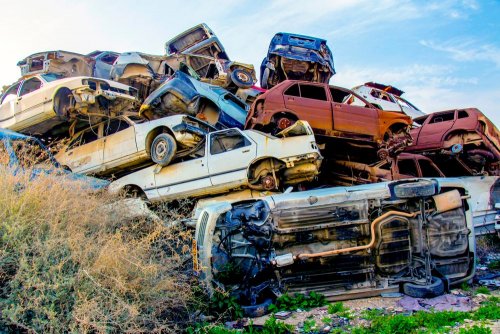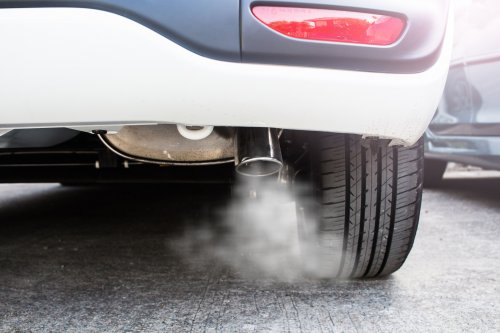India's Blue Energy Motors (Blue Energy) has signed an agreement with Iveco FPT Industrial (FPT), Italy, to introduce India's first liquefied natural gas (LNG) trucks.
Technology will allow reduce fuel consumption by 40% compared to the diesel equivalent in the Indian market, and carbon emissions by 28%, reports Gasworld.
Blue Energy aims to decarbonize the country's heavy transport sector.
LNG-powered trucks can help reduce emissions in rural areas, where the total truck fleet numbers about 3.5 million vehicles.
The companies' agreement calls for FPT's N67 NG BSVI engines, with zero-emission truck technology, to be introduced by the end of 2022.
These engines use stoichiometric combustion to optimize fuel consumption and reduce noise compared to conventional diesel engines. That is, combustion without excess or deficiency of air, when all available oxygen is completely consumed.
"This agreement is extremely important for FPT Industrial now and in the future, as we want our advanced technologies to play a key role in supporting the green transition of one of the world's largest vehicle markets," said Sylvain Blaise, President of the Iveco Group Business Unit Powertrain.
"We believe that tackling climate change is fundamental to the future of all of us, and Blue Energy is committed to being part of this climate initiative and believes in innovation-based sustainability," said Anirudh Bhuwalka, CEO of Blue Energy. - "In India, governments, fleet owners and other stakeholders are demanding near-zero emission solutions, and with FPT natural gas engines, we can provide that solution now."
Earlier EcoPolitic wrote, that the ministers of environmental protection of 27 member states of the European Union agreed to reduce carbon dioxide emissions from new cars to zero in 2035.
As EcoPolitic previously reported, the industry of heavy-duty vehicles has significant potential to achieve the EU's emission reduction targets of at least 55% by 2030.

